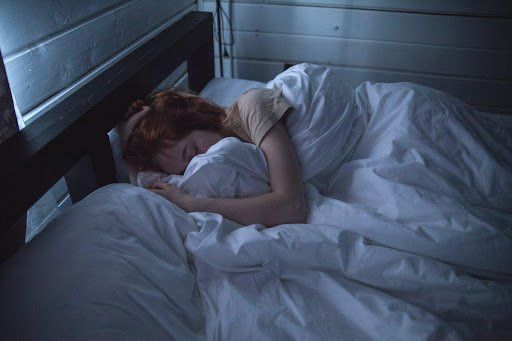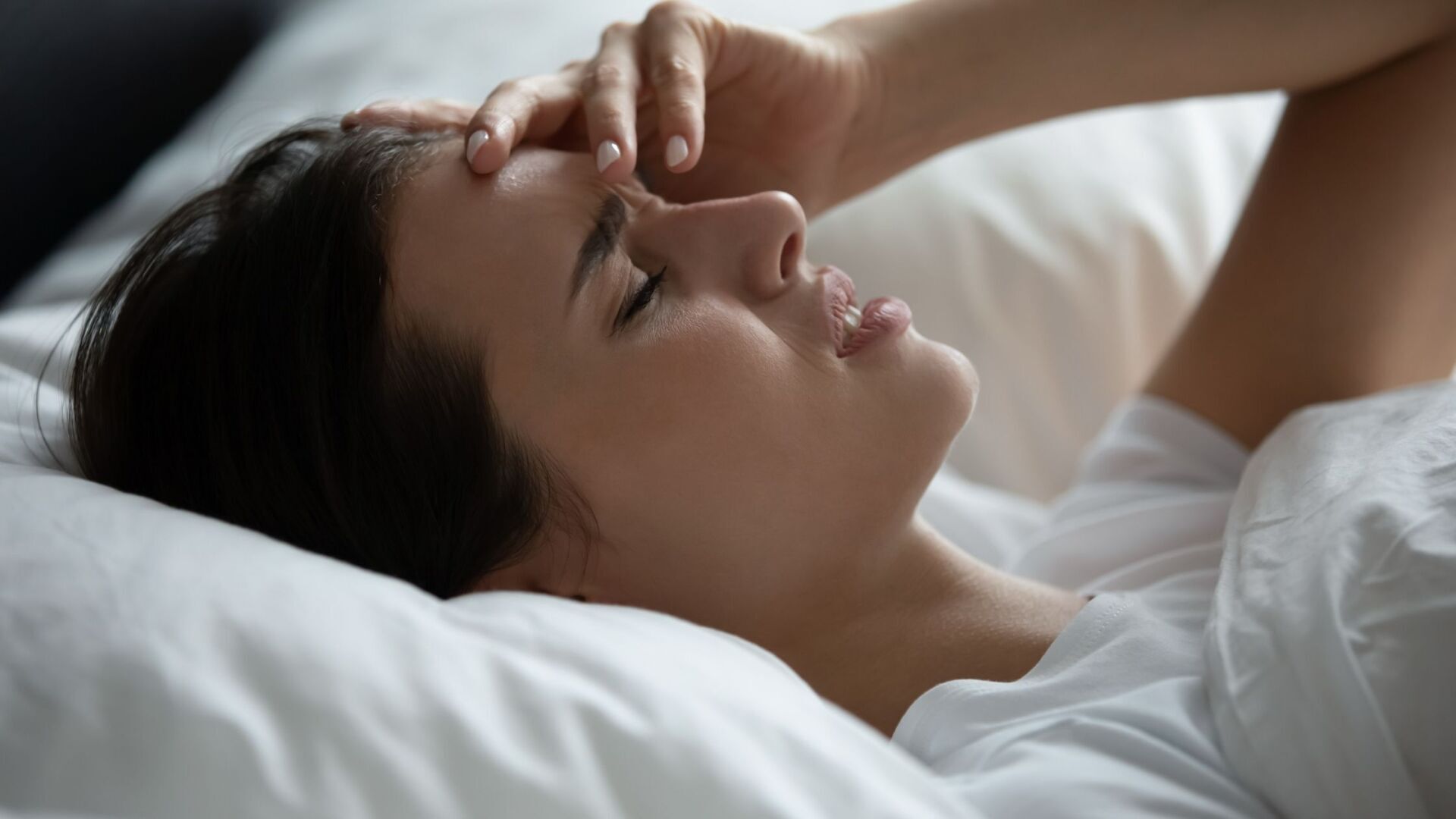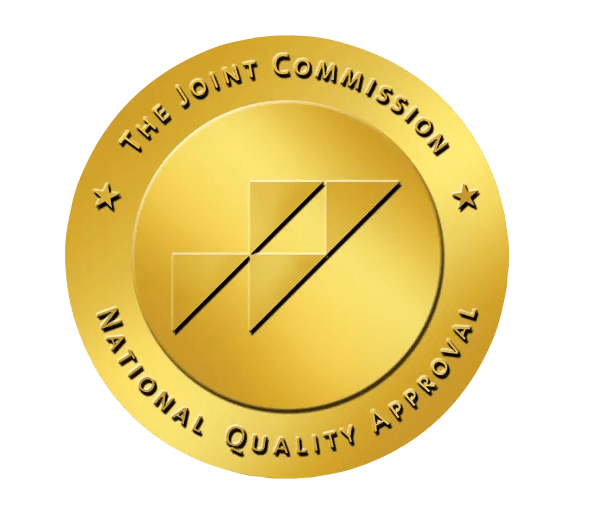With locations throughout Arkansas, Kansas, and Oklahoma, we serve the entire United States.
How Alcohol Affects Sleep
Here's How Alcohol Consumption Affects Your Sleep

Sleep is an integral part of our lives, impacting everything including brain function, health, safety, and mood.
Insufficient or poor quality of sleep can affect our daily lives, with the regular loss of sleep having damaging effects both physically and psychologically.
In addition to the right amount of sleep, the human body also needs the right kind of sleep. That’s why it’s essential to understand how alcohol consumption can affect the quality and length of one’s sleep.
ALSO READ: A Guide to Heroin Addiction Treatment→
Alcohol and REM Sleep Disruption
Alcohol is a central nervous system depressant and is often thought of as a sleep aid.
However, while alcohol does cause brain activity to slow down and is known for its sedative effects, alcohol consumption does not aid sleep. Even small amounts of alcohol can diminish sleep quality.
Sleeping involves two main stages – non-REM sleep and REM sleep. In non-rapid eye movement (non-REM) sleep, an individual goes through deep sleep and light sleep periods.
Rapid eye movement sleep (REM) sleep, on the other hand, consists of deep sleep characterized by rapid eye movements, brain activity, and irregular breathing. Most of our sleep is non-REM sleep, with only 20% of an average sleep cycle devoted to REM sleep.
While alcohol is sedative and helps people fall asleep faster, it disrupts sleep as a whole and both causes and exacerbates a myriad of sleeping problems.
As little as three consecutive days of drinking can lead to people developing a tolerance to the sedative effects of alcohol and make their sleep problems significantly worse.

The sedative effect of alcohol helps with sleep for the first half of the night but causes disruptions throughout the second half. Since alcohol is a diuretic, it can disrupt sleep by causing people to get up to relieve their bladders.
Additionally, alcohol results in frequent waking and fragmented sleep throughout the second half of the night as the sedative effects wear off.
It’s important to know that even a little alcohol increases the amount of non-REM sleep during the first half of the night.
However, when it comes to the second half of the night, the amount of non-REM sleep is directly related to the amount of alcohol one has consumed, with large amounts of alcohol increasing the amount of non-REM sleep.
One of the reasons alcohol has so many negative effects on sleep cycles is because it reduces REM sleep. This is particularly true for heavy drinkers, who experience significantly less REM sleep because of their drinking.
Alcohol and Sleep Disorders
Consuming alcohol is also known to exacerbate sleep disorders like insomnia and obstructive sleep apnea.
- Alcohol and Sleep Apnea
Those suffering from obstructive sleep apnea experience pauses in their breathing throughout the night. Alcohol makes this significantly worse by relaxing the throat muscles and impacting the brain’s ability to wake and detect the lack of oxygen.
- Alcohol and Insomnia
Alcohol also worsens insomnia. Many people who have insomnia turn to alcohol to help them fall asleep but don’t realize the damage this can cause to their sleep cycles. People using alcohol to deal with insomnia often fall victim to alcohol abuse and develop a dependency.
Substance Abuse, Recovery, and Relapse
Alcohol can completely alter sleep patterns in people, with many people experiencing sleep disruption even after their withdrawal symptoms are long gone.
Those in addiction recovery find it harder to sleep properly and often suffer from daytime fatigue as a result.
Insomnia and poor sleeping can lead to many people developing alcohol abuse problems and can even cause those in recovery to relapse, thinking it will help. While this helps in the short term, the relief is only temporary, and their sleep patterns are sure to get disrupted again.
If you or a loved one is struggling with this, don’t hesitate to reach out for help. Alcohol abuse and addiction are serious illnesses, but it is possible to get better with the right help.
At Pathways Recovery Centers, we have a
variety of programs that can help you in your journey to recovery.
Contact our experts for help determining which is the right program for you.
Take the First Step!
We will get back to you as soon as possible.
Please try again later.
Start Your Path to Recovery
The path to recovery could be closer than you think. Click through to learn more and begin healing today.
Holland Pathways
Wichita, KS
Sunflower Recovery
Kansas City
Country Road Recovery
Oklahoma City
Serenity Park Recovery
Little Rock, Arkansas
With locations throughout Arkansas, Kansas and Oklahoma
we serve the entire United States
Drug & Alcohol Addiction Treatment in KS & OK











